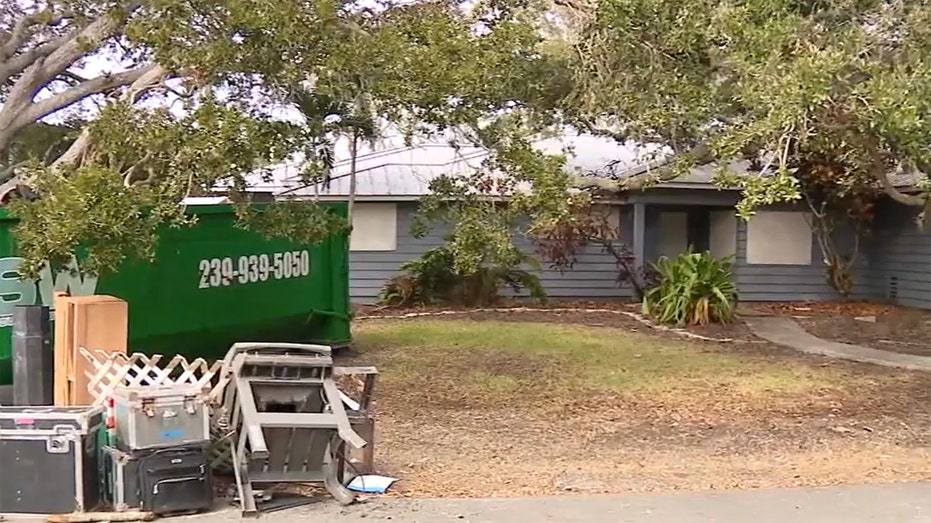Bank of England survey suggests progress on inflation might be slowing
The Bank's own decision maker panel (DMP), which surveys business leaders around the country, showed that wage and price pressures were more stubborn than anticipated last month.


A Bank of England survey indicates that progress on taming inflation may have stalled in September.
The Bank’s own decision maker panel (DMP), which surveys business leaders around the country, showed that wage and price pressures were more stubborn than anticipated last month.
Firms’ realised price growth over the past year rose to 4.5 per cent, higher than last month’s figure of 3.9 per cent and the highest figure since May.
Although price growth is expected to slow over the coming year, the survey suggests firms will hike prices at a slightly faster pace than they expected last month.
The survey put anticipated price growth at 3.6 per cent in September, up from 3.4 per cent in August.
Wage growth also proved more stubborn than economists had anticipated, with realised wage growth remaining at 5.7 per cent in September and expected wage growth staying stuck at 4.1 per cent.
Expected wage growth has remained more or less unchanged since May, having fallen sharply at the beginning of the year.
Rob Wood, chief UK economist at Pantheon Macroeconomics, said the survey added to signs that the official measure of wage growth had “exaggerated the slowing in wage pressures”.
He suggested the survey pointed to “stubborn wage and price growth” which supported a “gradual” approach interest rate cuts in the months ahead.
The survey comes shortly after Governor Andrew Bailey said the Bank of England might take a “more activist” approach to rate cuts if inflation continued to moderate. “The latest DMP fails to green light those faster cuts,” Wood said.
The Monetary Policy Committee’s (MPC) next meeting will take place in November, with markets widely expecting a 25 basis point rate cut. This would bring the Bank Rate down to 4.75 per cent.
The Bank cut interest rates for the first time since the pandemic in August, but rate-setters opted to hold rates last month.



